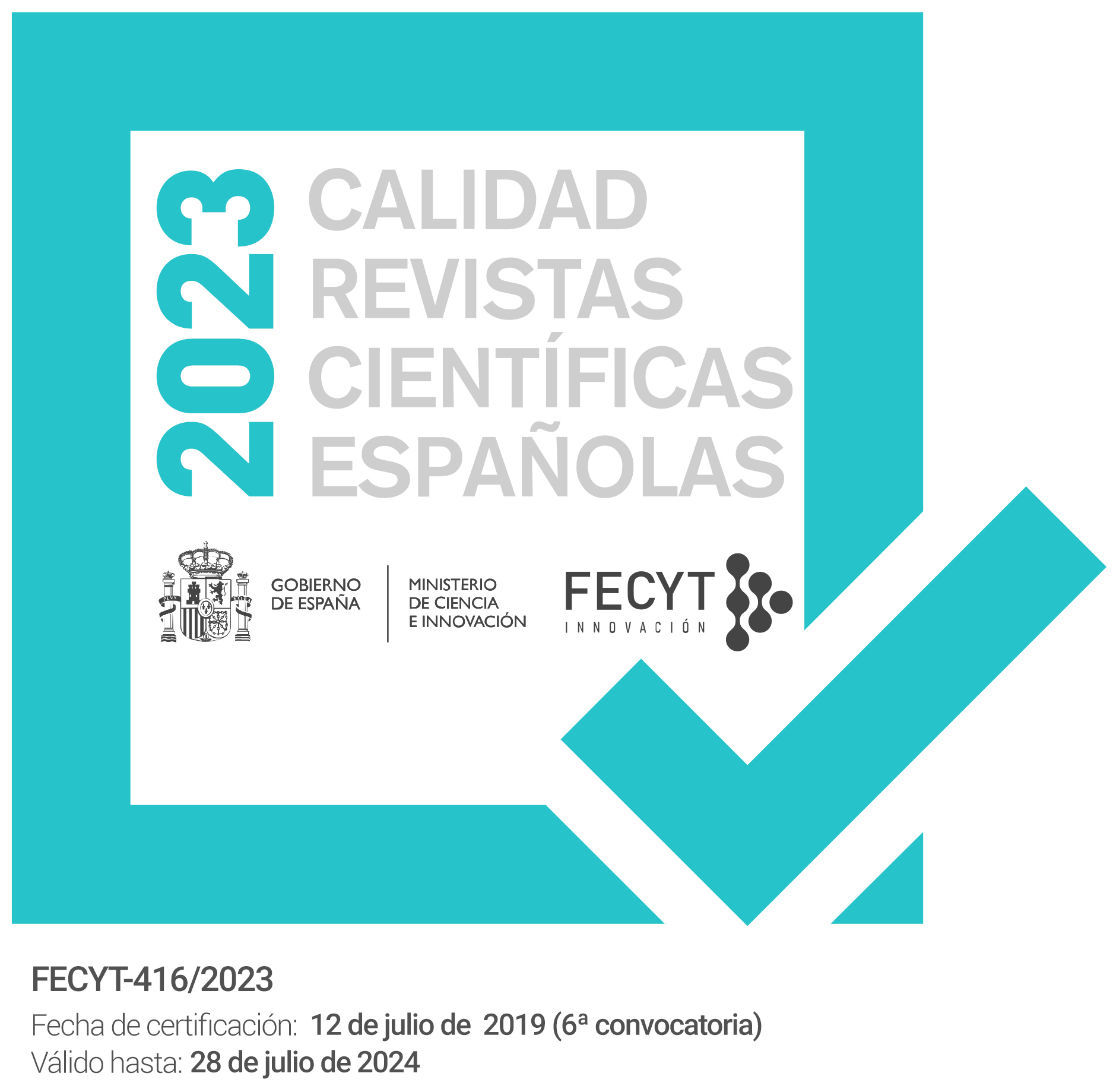Sergio Solbes Ferri y Daniel Castillo Hidalgo, La diferencia Insular. El modelo fiscal de Canarias en perspectiva histórica. El Antiguo Régimen: La Real Hacienda y el proceso de construcción del Estado, Tirant lo Blanch, Valencia, 2022, 348 págs., ISBN: 978-84-1397-979-3
DOI:
https://doi.org/10.51349/veg.2023.1.21Downloads
References
Kuethe, A.J.; Andrien, K.J. (2018): El mundo atlántico español durante el siglo xviii: Guerra y reformas borbónicas, 1713-1796, 1ª ed. 2014, Universidad del Rosario, Bogotá.
Luis, J.-Ph. (2002): L’utopie réactionnaire. Épuration et modernisation de l’État dans l’Espagne de la fin de l’Ancien Régime (1823-1834), Casa de Velázquez, Madrid.
Luis, J.-Ph. ed. (2015): L’État dans ses colonies. Les administrateurs de l’Empire espagnol au xixe siècle, Casa de Velázquez, Madrid.
Storrs, Ch. ed. (2008): The Fiscal-Military State in Eighteenth-Century Europe. Essays in honour of P.G.M. Dickson, Ashgate, Farnham.
Torres Sánchez, R. ed. (2007): War, State and Development. Fiscal Military States in the Eighteenth Century, Pamplona, EUNSA.
Wobeser, G. Von (2003) : Dominación colonial. La consolidación de vales reales en Nueva España, 1804-1812, UNAM, México.
Downloads
Published
Issue
Section
License
Copyright (c) 2023 Anne Dubet

This work is licensed under a Creative Commons Attribution-NonCommercial-NoDerivatives 4.0 International License.
The articles are open access distributed under the terms of the Creative Commons Attribution-NonCommercial-NoDerivatives (CC BY-NC-ND) Spain 4.0 license. Authors who publish in this journal agree with the following terms:
a) Authors retain the copyright and guarantee the journal the right to be the first publication of the work as well as licensed under a Creative Commons Attribution License that allows others to share the work with a recognition of the authorship of the work and the Initial publication in this magazine.
b) Authors may separately establish additional agreements for the non-exclusive distribution of the version of the work published in the journal (for example, place it in an institutional repository or publish it in a book), with recognition of its initial publication in this magazine.
c) Authors are allowed and encouraged to disseminate their work electronically (for example, in institutional repositories or on their own website) before and during the submission process, as it may result in productive exchanges, as well as a earliest and largest citation of published works (See The Effect of Open Access).



